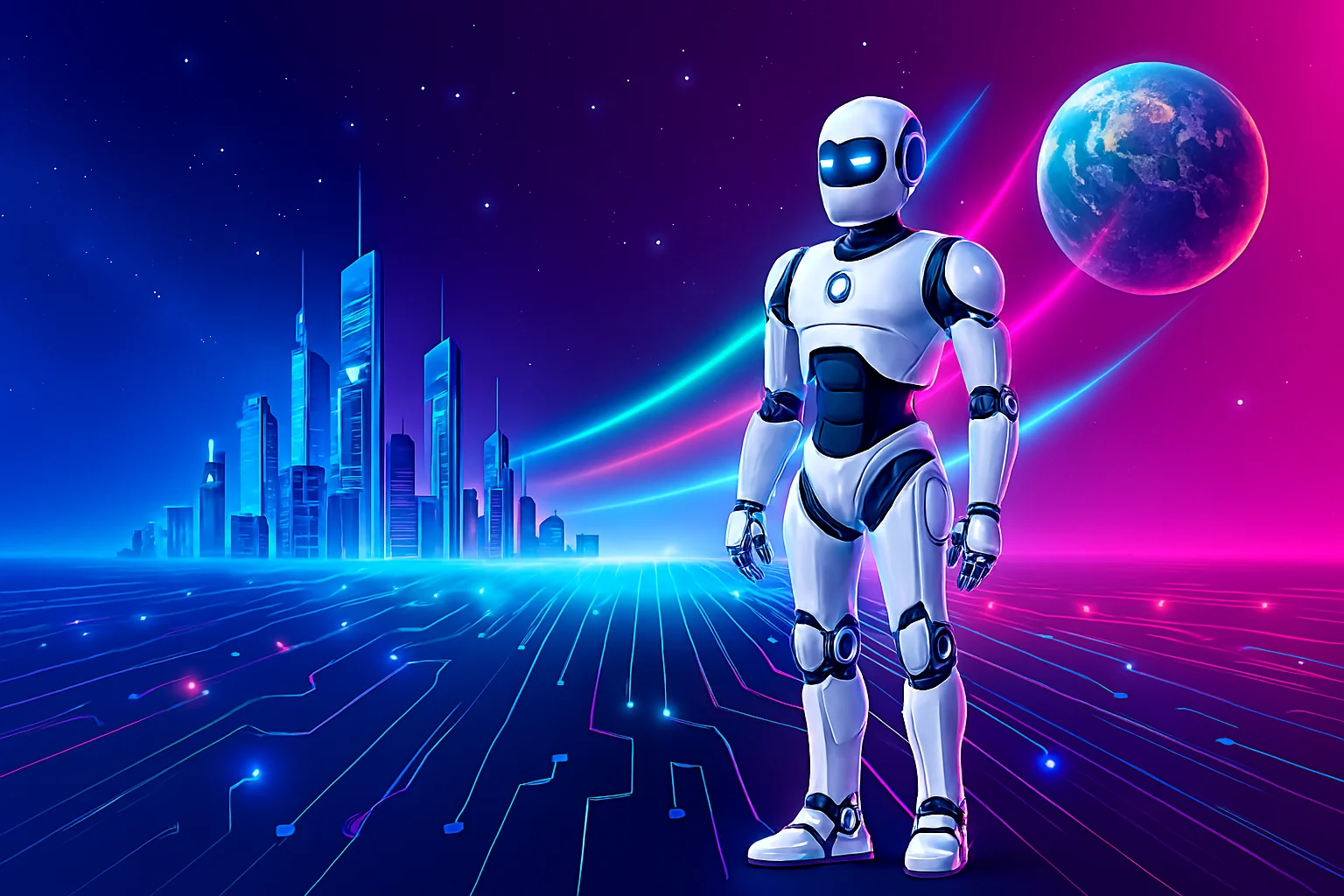
Understanding AI: Your Essential Guide
Estimated Reading Time: 2–3 Minutes
Key Takeaways
- What is AI?: Artificial Intelligence (AI) is the simulation of human intelligence processes by machines, especially computer systems.
- Types of AI: AI can be categorized into Narrow AI (designed for specific tasks) and General AI (hypothetical, with human-like cognitive abilities).
- Impact of AI: AI is transforming industries from healthcare to entertainment, offering increased efficiency and innovative solutions.
Main Content
Artificial Intelligence, or AI, is rapidly becoming a household term, but what does it truly mean? At its core, AI refers to the development of computer systems that can perform tasks typically requiring human intelligence. This includes learning, problem-solving, decision-making, and even understanding natural language. The goal is to create machines that can perceive their environment, reason about it, and take appropriate actions to achieve specific objectives.
The spectrum of AI is broad, often divided into two main categories. Narrow AI, also known as Weak AI, is what we primarily interact with today. Think of virtual assistants like Siri or Alexa, recommendation engines on streaming services, or spam filters in your email. These systems are highly specialized and excel at a single task or a limited set of tasks. On the other hand, Artificial General Intelligence (AGI), or Strong AI, is a theoretical concept representing AI with human-level cognitive abilities across a wide range of tasks. While AGI remains a distant goal, ongoing research continues to push the boundaries of what’s possible.
The implications of AI are far-reaching and are already reshaping our world. In healthcare, AI aids in diagnosing diseases and developing personalized treatment plans. In transportation, autonomous vehicles are becoming a reality. The entertainment industry uses AI for content creation and personalized recommendations, while finance leverages it for fraud detection and algorithmic trading. This pervasive integration of AI promises increased efficiency, enhanced productivity, and the potential for solving some of humanity’s most complex challenges.
As AI continues to evolve, understanding its fundamental principles and potential applications is crucial for everyone. From navigating daily life with AI-powered tools to anticipating its impact on future careers and societal structures, informed awareness empowers us to adapt and thrive in an increasingly intelligent world. For more insights into the evolving landscape of technology and its impact, explore resources like newsog.in.
Conclusion
AI is a transformative technology with the power to revolutionize industries and improve lives. Staying informed about its advancements is key to navigating the future. What are your thoughts on the future of AI?
